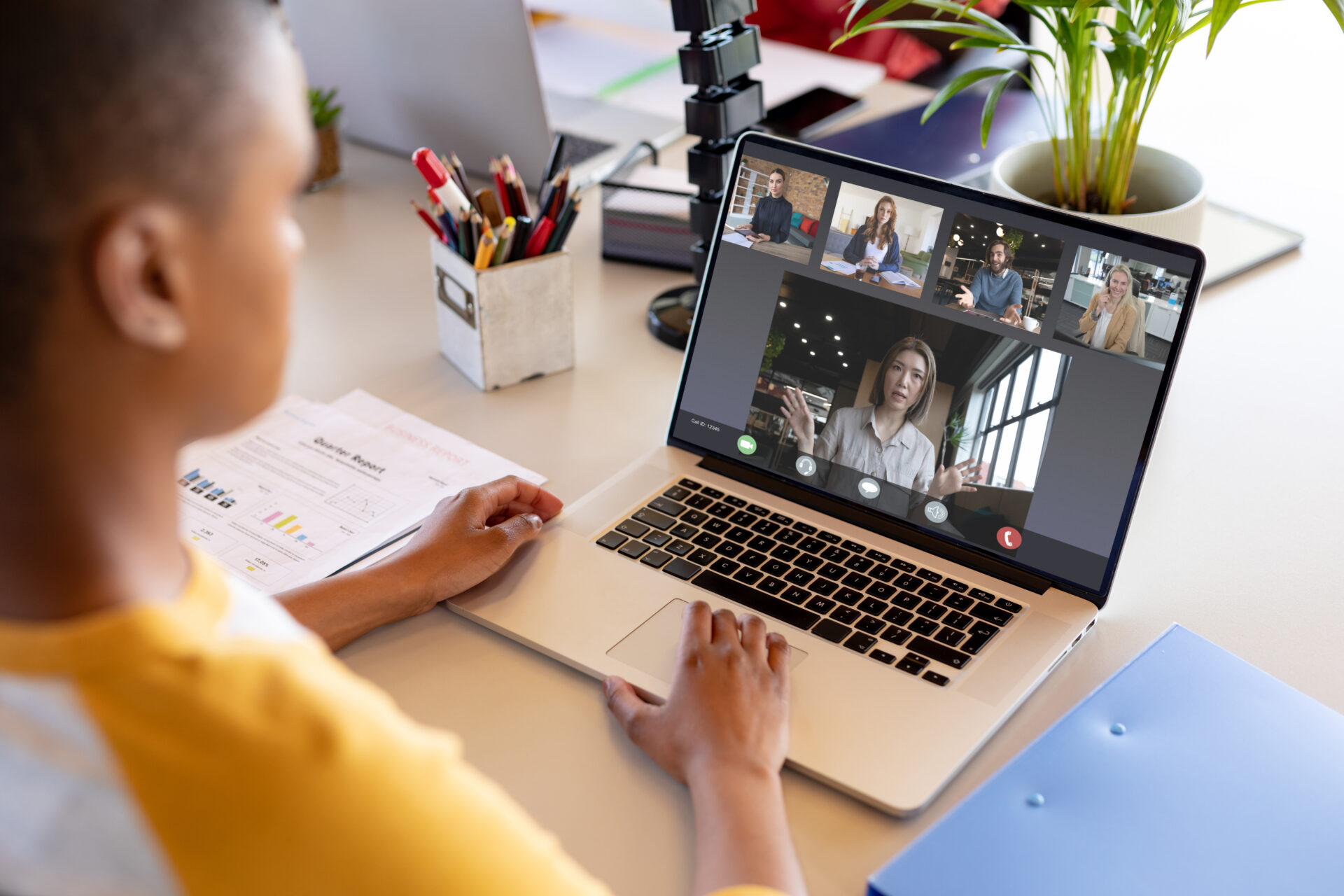Research from Kahoot! revealed that 55% of hybrid workers in the UK suffer from video call fatigue, with younger employees feeling it the most.
The survey found that while remote working is still in demand, new challenges have emerged around video calls, security, and relationships at work.
11% said working from home led to increased weekly alcohol consumption.
Despite this, 74% believed hybrid working improved personal relationships, and 63% felt it had a positive effect on relationships with colleagues.
46% of hybrid workers said they were more productive in the office, while only 23% believed they got more done at home.
Attitudes to video call etiquette have changed, with 28% saying they are now less tolerant of interruptions from children or pets during calls, and 50% objecting to people eating or drinking on calls.
Security issues were common, with 32% overhearing confidential calls in public places.
Over half believed colleagues had faked technical issues to leave calls, and 36% thought people worked less at home than in the office.
A large majority, 87%, said some of their video calls were unnecessary, while a quarter felt half of their calls could have been handled by email.
A third saw video calls as less productive than in-person meetings, and video call productivity had decreased year on year.
Additionally, property choices have also been affected, with 27% choosing homes based on video call backgrounds, and 42% blurring their background due to concerns about their domestic environment.
Sean D’Arcy, chief solutions officer at Kahoot!, said: “The study shows that a third of UK hybrid workers would quit if WFH days were reduced, underscoring the lasting impact of the remote work shift.
“Yet, the novelty of remote work has faded, with many employees reporting video call fatigue, productivity drops, and privacy concerns.
“Workers also highlight that increasing interactivity could help alleviate fatigue and make meetings more effective.”
D’Arcy added: “Rather than forcing employees back to the office, employers should focus on improving hybrid work by optimizing meetings, keeping them shorter, more purposeful, and engaging.
“Flexibility and collaboration remain key, and at Kahoot! we see how fostering engagement empowers hybrid teams to thrive while meeting the demands of a modern workplace.”

















